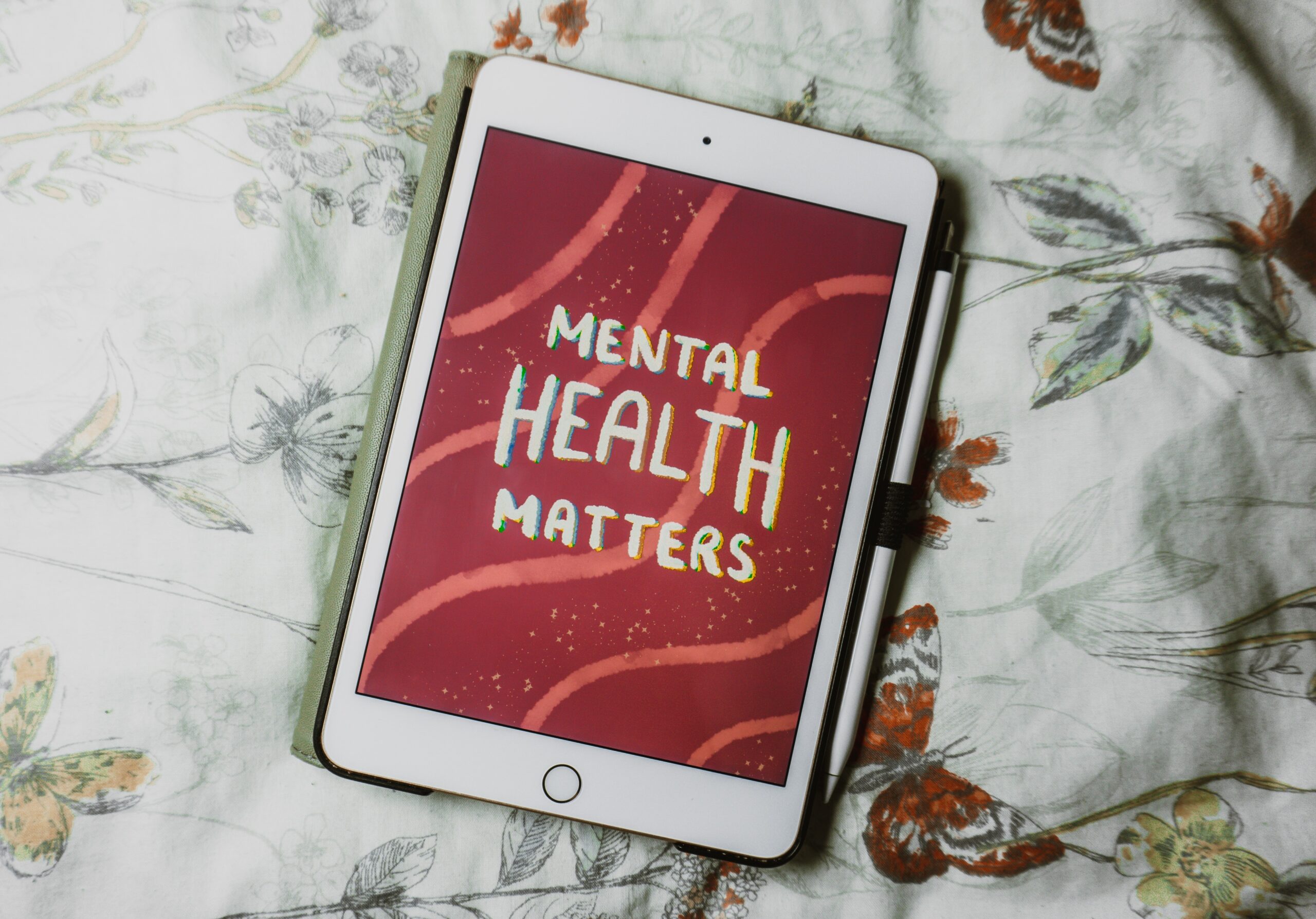10th October 2023
By Michelle Hall

While every day is Mental Health Day for leading providers of mental health services like North East Lincolnshire based NAViGO, October’s annual World Mental Health Day is a chance to further raise awareness and drive positive change
It’s also a chance to talk about mental health, how we need to look after it and where to get help if you are struggling.
Talking is good for your mental health. And talking about mental health is important.
But we know that starting a conversation isn’t always easy – whether that is talking about how you are feeling. Or whether it is checking in with someone you are concerned about.
Here are some top tips for how to approach a friend or family member if you think they might be struggling with their mental health.
Talk to them
If you’re worried about a mate, talk to them about it. Just talking about their feelings with a supportive pal who offers a listening ear can help them feel better. It doesn’t matter if you don’t have the solution. A phone call, a WhatsApp message or a surprise visit can have a huge effect on their wellbeing.
The most important thing you can do is be there for them in their time of need – and point them towards professional help if they need it.
Ask direct, open questions
Don’t ignore your gut feeling if you’re worried about someone. Some people won’t open up until they’re directly asked about how they’re feeling. Ask open questions so the person can respond in more detail than just a ‘yes’ or ‘no’ and give them time to answer in the way they want to.
Do your best not to judge them. It can be incredibly difficult for people who are feeling low to open up. Put the kettle on, get comfortable and be ready to listen to how they’re feeling.
Ask if they’re suicidal
Research has shown that asking someone if they’re suicidal can protect them. It also gives you the chance to let them know they’re not a burden.
Speaking about suicide won’t make them more likely to act on their thoughts – in fact, it decreases the likelihood of that happening. If they say they are having suicidal thoughts, take them seriously – and don’t skirt around the subject.
Encourage them to look for support and make them aware of the services that can help locally.
Stay calm
If you think your mate is struggling, you can help – by staying calm, not judging them and, most importantly, listening to how they feel.
You might not have the solutions, but you can help practically – help them to write questions to ask their GP, or offer to ease the load by arranging childcare or doing a food shop.
And while it’s great that you can recognise when your friend is struggling, it can also affect your own mental health. If this starts to get on top of you, consider looking into support to help you deal with anxiety and stress.
Please remember, if you or someone you know is struggling with their mental health, you are not alone. There are lots of professional support services who are here to help.



